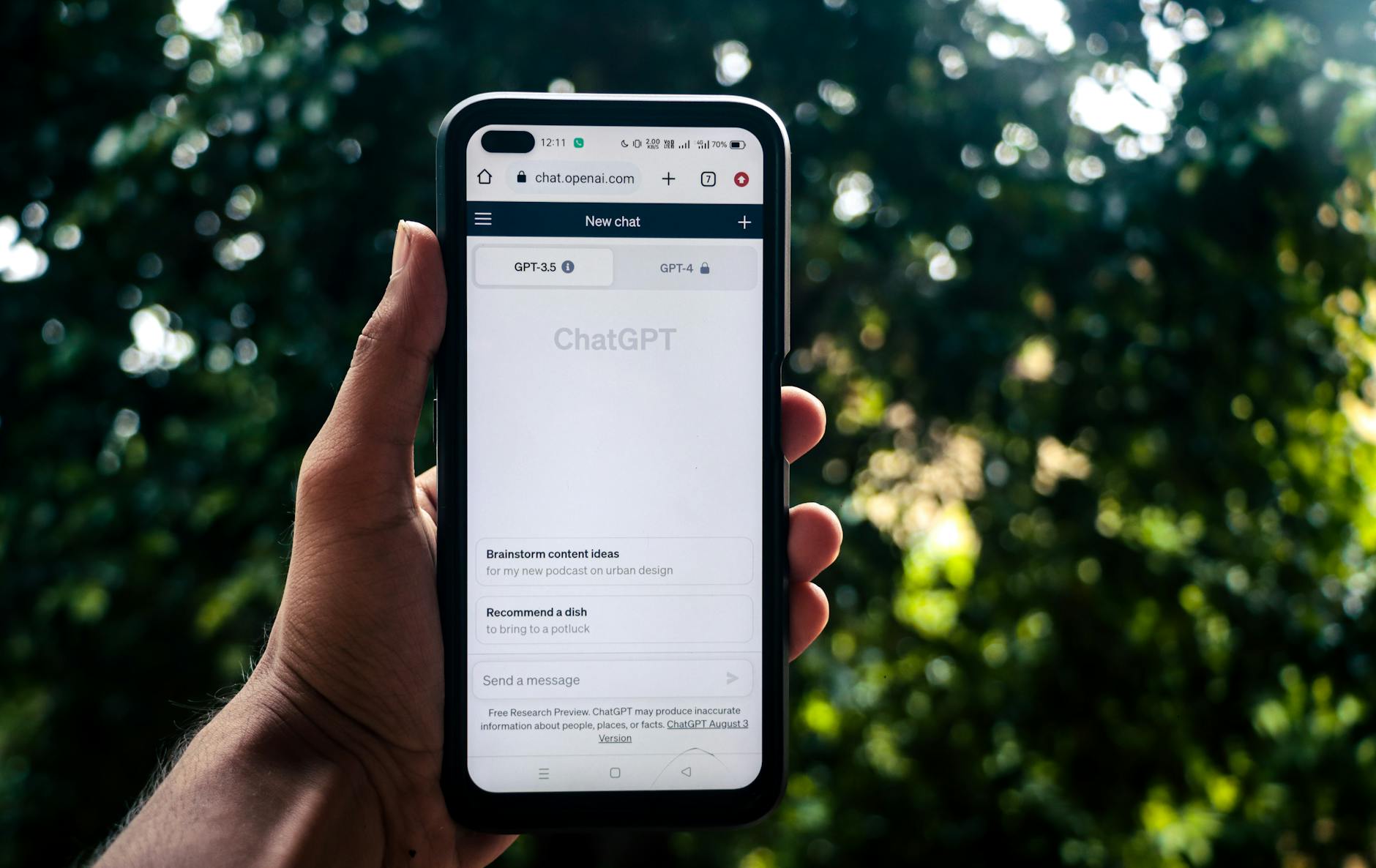What is personalized learning?
What is Personalized Learning?
In today’s rapidly evolving educational landscape, personalized learning has emerged as a pivotal approach that caters to the unique needs of each student. As we navigate through the complexities of modern education, it’s essential to understand not just what personalized learning is, but also its significance in enhancing learning experiences and outcomes.
What is Personalized Learning?
Personalized learning is an educational strategy designed to customize learning experiences according to each student’s strengths, needs, and preferences. Unlike traditional learning models, which often enforce a one-size-fits-all approach, personalized learning allows students to take charge of their education.
For instance, while traditional classrooms may focus on a set curriculum delivered in a specific timeframe, personalized learning adapts to how each student learns best. This means that if a student struggles with a particular concept, they can spend additional time on it without feeling rushed—allowing for a deeper understanding of the material.

Photo by Sanket Mishra
Core Principles of Personalized Learning
At the heart of personalized learning are several core principles:
- Learner Agency: Students have a voice in their learning process, deciding what they learn and how they demonstrate their understanding.
- Flexible Pacing: Students progress through material at their own pace. This flexibility helps ensure comprehension before moving on.
- Tailored Learning Experiences: Instruction is customized, incorporating various teaching methods to meet individual learning styles.
These principles empower students, making them active participants in their education, which can lead to a more meaningful and engaging learning experience.
The Role of Technology in Personalized Learning
Technology plays a crucial role in facilitating personalized learning. Various tools and platforms enable educators to create customized content that aligns with individual learning paths. For example, learning management systems (LMS) can track student progress and adapt lessons in real-time based on performance metrics.
Moreover, online resources provide access to a wealth of materials tailored to different learning styles. This tech-driven approach not only enhances engagement but also allows for the collection of valuable data that informs instructional practices.
Benefits of Personalized Learning
Personalized learning offers numerous advantages for both learners and educators.
Enhanced Engagement and Motivation
When students have a say in their learning journey, they’re more likely to be engaged and motivated. Studies indicate that personalized learning can lead to higher levels of student satisfaction and ownership of their education. This engagement fosters a positive learning environment where students feel valued and understood.
As detailed in eLearning Industry, personalized learning approaches can lead to better retention rates and improved assessment performance. Students who feel invested in their learning are more likely to succeed.
Improved Learning Outcomes
Research consistently shows that personalized learning can lead to better academic performance. A study highlighted by Houghton Mifflin Harcourt notes that when instruction is tailored to individual needs, students demonstrate improved proficiency and confidence.
By focusing on each student’s unique path, educators can facilitate a deeper understanding of the material, thereby enhancing overall learning outcomes.
Challenges in Implementing Personalized Learning
Despite its benefits, implementing personalized learning presents several challenges for educators and institutions.
Resource and Training Limitations
One significant obstacle is the lack of resources and training for teachers. Many educators may not have access to the necessary tools or professional development opportunities to effectively implement personalized learning strategies. As indicated in a report on personalized learning challenges, these gaps can hinder the effectiveness of personalized learning initiatives.
Balancing Standardization with Personalization
Another challenge lies in balancing curriculum standards with personalized approaches. While flexibility is key, educators must also ensure that students meet essential learning goals. This delicate balance can be difficult to navigate, as highlighted in discussions about personalized learning roadblocks here.
Future of Personalized Learning
As education continues to evolve, so too will personalized learning. The potential advancements in this approach could reshape how we think about teaching and learning.
Innovative Approaches and Strategies
Emerging strategies, such as competency-based education and adaptive learning technologies, promise to enhance personalized learning experiences. These innovations allow for more dynamic and responsive learning environments, where students can progress based on mastery rather than time spent in class.
Impact on Lifelong Learning
Personalized learning isn’t just about K-12 education; it has implications for lifelong learning as well. As adults seek to acquire new skills in a rapidly changing job market, personalized learning approaches can help tailor education to individual career paths and personal development goals.
By fostering a culture of personalized education, we can help individuals thrive at every stage of life.
Conclusion
In summary, personalized learning represents a transformative shift in education, offering tailored experiences that cater to individual needs and preferences. Embracing this approach can lead to enhanced engagement, improved academic outcomes, and a more inclusive educational environment. As we move forward, it’s essential for educators and institutions to prioritize personalized learning strategies, ensuring that each student has the opportunity to succeed in their unique learning journey.